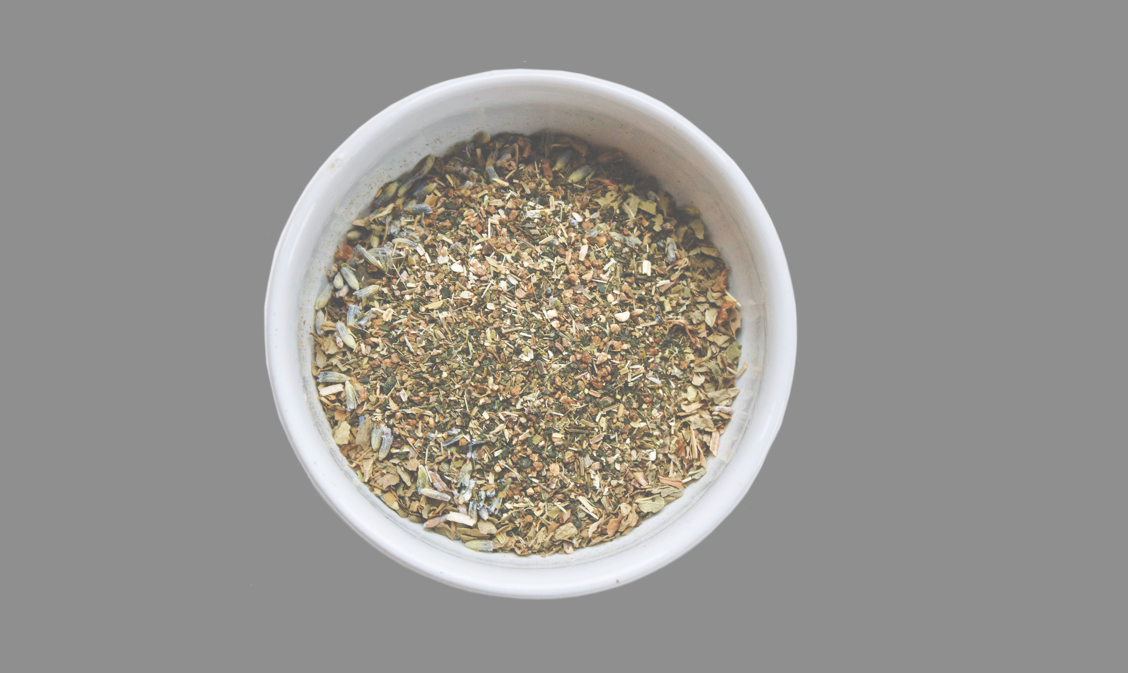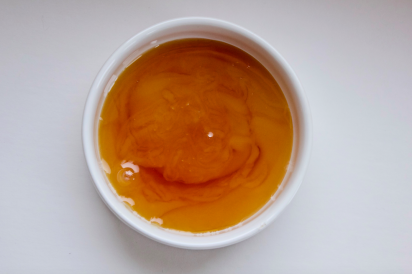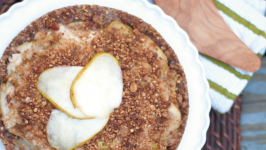Home Remedies to the Rescue
In the United States, allergies are on the rise across all generations, young and old. And if you’ve ever suffered with allergies, you know how miserable it can be. This time of year, as the weather is warming and allergy season approaches, it’s nice to have natural solutions ready to help you get through.
Here are some remedies and practices I use and have been recommending to clients and customers for years.
Incorporate raw local honey into your diet
Honey is one of nature’s most powerful remedies for many things, including colds, coughs and wound healing. With antibacterial, anti-viral and anti-fungal properties, honey helps the body fight off sickness, including seasonal allergies. The key is to seek out local honey. When you source from a local beekeeper, you consume honey made from the pollen in your environment. A wonderful side benefit of using locally sourced honey is supporting the bees, which are disappearing by the millions every year due to pesticides and environmental pollutants.
USE: For best results, have a teaspoon per day. Locally sourced bee pollen can also be consumed for this purpose.
Drink apple cider vinegar (ACV)
Another seriously versatile medicine, ACV is a staple in our house. Taking one to two tablespoons each morning kick-starts your lymph system and digestion and helps reduce mucus production. All of this helps the body handle allergens prevalent in the spring and summer months. An awesome side benefit: Regular use helps the skin to glow. You can also use ACV as a hair rinse periodically for more manageable, shiny locks.
USE: Ingest a couple tablespoons each morning.
Take your probiotics
Gut health and our overall microbiome in the body is very important to ensure all systems are running smoothly. An out-of-balance gut puts out the welcome mat for allergies, not to mention other unwanted health issues. Local health food stores typically sell a variety of probiotic products. Take the recommended daily dosage for best results. You can also inoculate your gut with the good guys by eating fermented veggies; this is why we put them on so many of our dishes at the café.
USE: A tablespoon or two of fermented veggies daily will help build up your healthy gut flora.
Don’t fear the stinging nettle
Ah, one of my all-time favorite plant allies. Stinging nettle is known to many as that pesky weed that brings a burning sensation to your skin when you are walking in the woods or along the edge of a creek. That sting is the medicine of the plant saying “hello” as you walk by. The tiny stingers, when brushed along the skin, administer little bits of antihistamine, which helps the body naturally fight allergies. If you aren’t a fan of getting stung to ease your allergies, you can pick some up dried nettle leaf from your local health food store, herbalist or online (I love Mountain Rose Herbs) and make yourself a tea. I like to add mint and raspberry leaf to mine.
USE: Drink daily as directed during allergy season to help with symptoms.
Make a food-lifestyle upgrade
Just as important as the natural remedies above is the prevention of allergies. A great way to do this is to upgrade what you put into your body. Why not avoid the issue if you can, right? One way to do this is to make some small but profound, changes in your diet. The processed foods on the shelves of the grocery store contain disease-inducing ingredients like artificial sweeteners, factory-farmed meat and dairy products, highly processed GMO wheat, soy, corn and canola, as well as food colorings and chemicals. None of these substances make it easy for your body to fight allergies. In fact, these ingredients are now identified as among the reasons allergies are on the rise as they are simply inflaming our bodies.
So my gentle nudge to you is this: You are worth better. Give yourself the gift of feeling better, and most likely some allergy relief, by replacing processed food with whole foods like fresh fruits and veggies, healthy fats, locally raised meats and dairy (if you eat animal products), organic gluten-free grains and legumes like quinoa, millet, lentils and beans. These practices should help you have a healthier more enjoyable spring.







